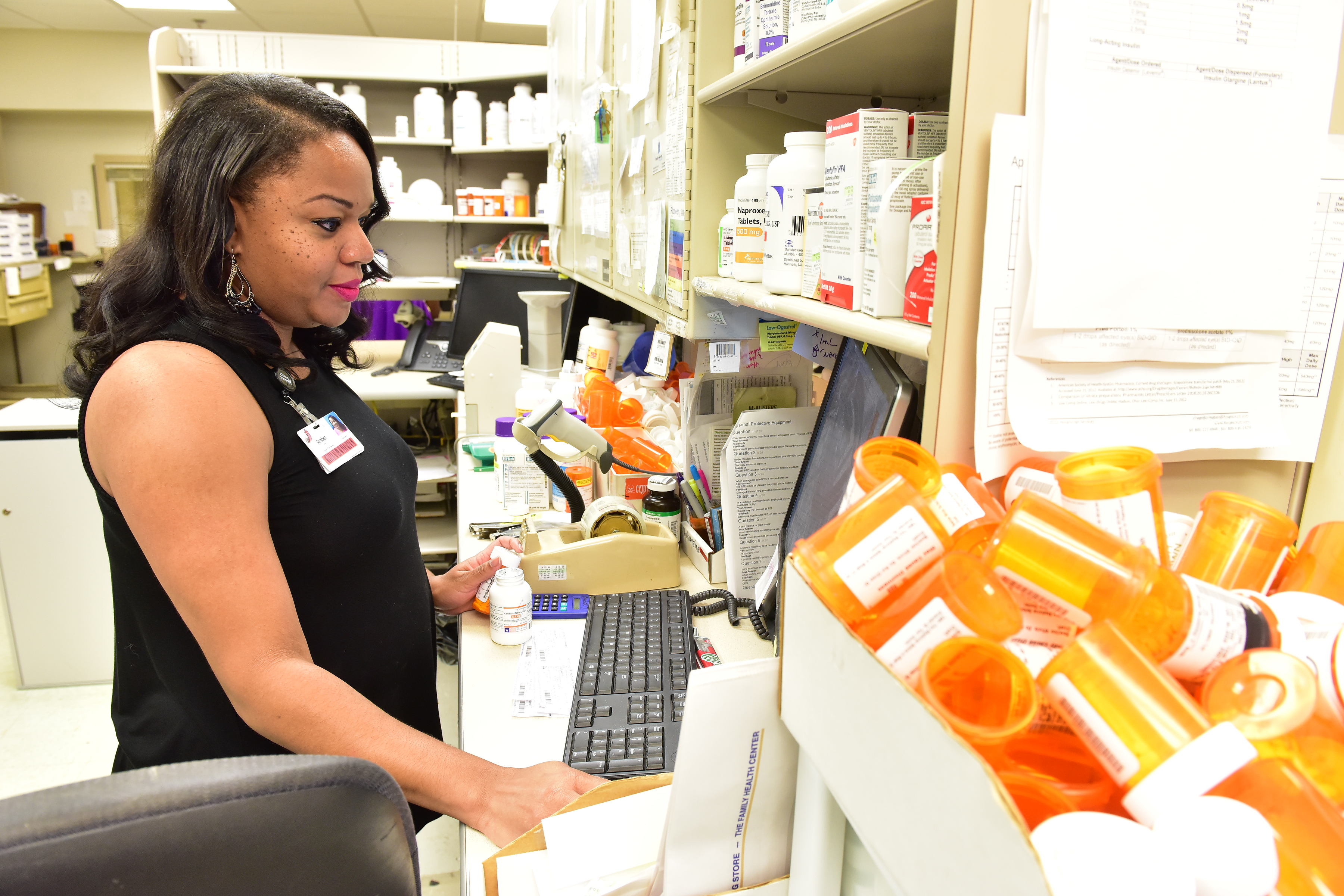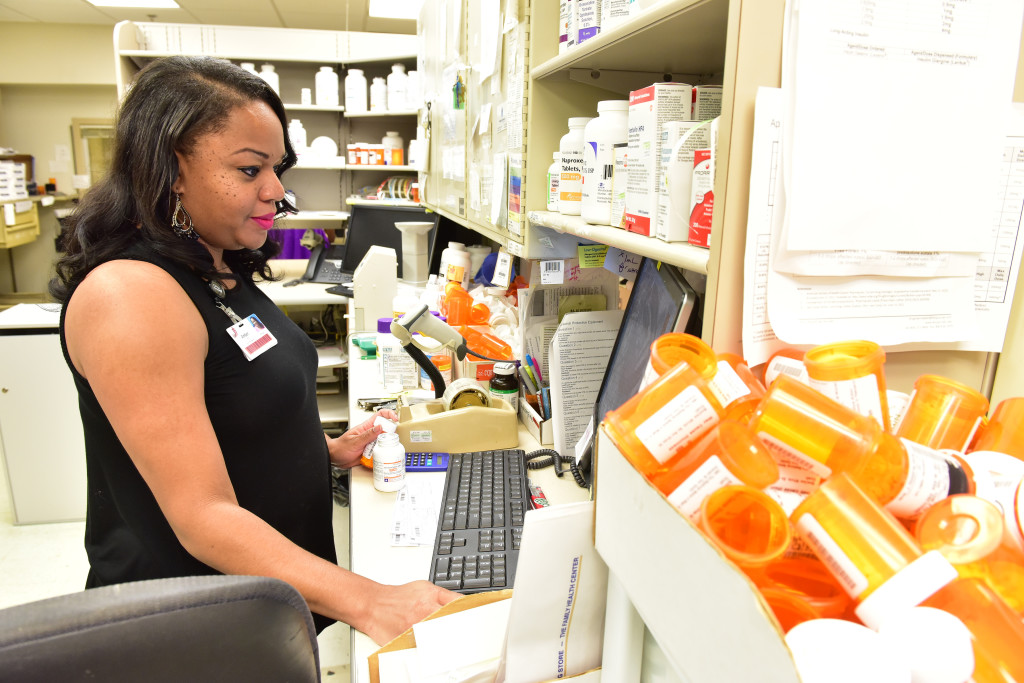

A bitterly divided Jefferson County Commission voted in August 2012 to downsize Cooper Green Mercy Hospital. It was a decision that led to rancor both on the commission and in some areas of the Birmingham metro area.
Republicans Jimmie Stephens, David Carrington, and Joe Knight voted to downsize the facility; Democrats Sandra Little Brown and George Bowman voted against the move.
Nearly four years after the controversial vote, many now say improvements have been made.
Members of the five-member commission were recently asked about Cooper Green Mercy Health Services, which began operating on Jan. 1, 2013, as an urgent care center with primary clinics.
How do you feel about where the facility is now and the services it provides?
Stephens: The recent success is, indeed, the intended outcome desired of the commission, and I pray helps to restore relations with the Cooper Green community. It is time for a new beginning, a fresh start. I pledge to work with my fellow commissioners to build upon this foundation and expand the quality of care throughout our community. Our goal is to offer each person in Jefferson County world-class health care. This was the original mission of Cooper Green.
Brown: I feel that we are moving in the right direction. All clinics are functioning, services have been added, the skill sets have been upgraded, and the public is responding positively. We have partnered with several area hospitals for inpatient care, and our patients have been satisfied with the care they have received.
Carrington: Even though the quality of health care is much better and less costly than it was when the hospital was open, the current facility is inefficient, outdated, and in need of major capital infusions.
Knight: Overall, I feel good about what is going on within Cooper Green Mercy Health Services. We continue to see a rise in the enrollment for care and expect these number to continue to rise. We have seen a reduction in some areas as far as the wait time for getting an appointment with a physician. We are still attempting to expand services into the community by opening medical home clinics, where our citizens can seek needed medical care without having to make the sometimes rigorous trip downtown. We also are operating within the budget, whereas in prior years Cooper Green ran over-budget by millions each year.
Bowman: I always have and still believe that the Health Care Authority model [used in several cities across the U.S.] would be the best fit for Cooper Green Mercy. It would provide streamlined, cost-effective services for patients, which was the intention of the legislature when Cooper Green Mercy Hospital was first established. There are future plans for Cooper Green Health Services in the areas of expanding services and increasing the community footprint to include clinics within the neighborhoods. My mission has always been and will always be to provide the best services to the citizens of Jefferson County, medical and otherwise.
Do you believe the indigent population in Jefferson County receiving high-quality, affordable medical care?
Stephens: Yes. We are dedicated to improving the quality of care now and in the future, and we will commit the resources needed to make that happen. This commission has sent a message to indigent patients—they matter.
Brown: We have partnered with several hospitals in the area, such as Princeton Baptist Medical Center, which offers comprehensive services in our community, and the University of Alabama at Birmingham (UAB), the third largest public hospital in the country by the number of beds.
Carrington: Cooper Green’s patients surely are receiving high-quality, affordable health care. But I’m concerned about the time it takes patients to see some specialists, as well as the limited access to primary health care clinics throughout the county.
Knight: The indigent population is receiving high-quality health care. In my mind, there has never been a question about the quality of care patients receive. Our physicians, nurses, and staff are professionals, and they treat each patient with care and compassion, no matter what their lot in life. The care is affordable for those who enroll in our program, and we encourage each citizen to seek our help in receiving excellent-quality health care.
Bowman: I do believe that our partner hospitals are providing high-quality care for our residents. Today, we are operating as Cooper Green Mercy Health Services, and I believe the staff has worked diligently to make this transition more palatable for the patients of the Health Services Clinic. The partnerships that have been established with local hospitals have proven beneficial in areas of concern that I expressed, such as location; easier access to public transportation; and, most importantly, a focus on treating patients with dignity and respect.




